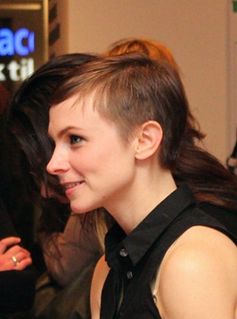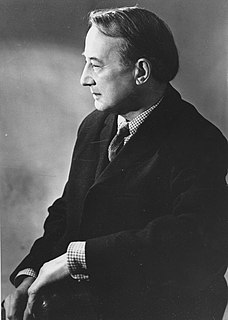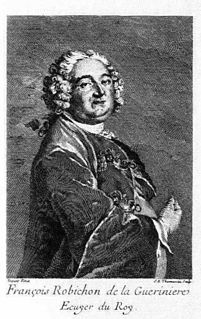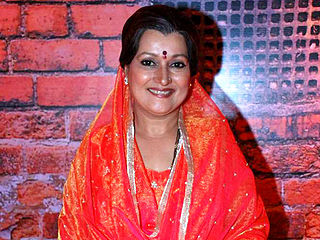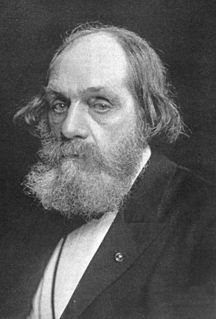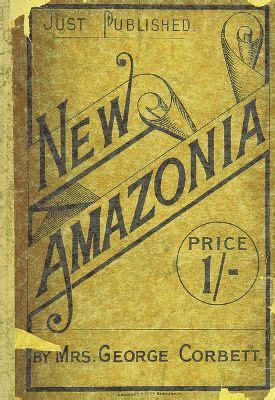A Quote by Howard Gardner
A continuing conversation with other persons, with cultural products, and with oneself, is a large part of what it means to be a human being, in our time and perhaps in all time.
Related Quotes
New York musicians rarely have the time for idle chat and conversation after a gig. Despite popular assumption of our scintillating after-hours, that illusion is overtaken by the constant hustle to juggle a part-time or full-time job, a myriad of errands, a second or third gig of the day, and perhaps a child or two somewhere.
The human organism is thus still developing biologically while already standing in a relationship to its environmont. In other words, the process of becoming man takes place in an interrelationship with an environment. (...) From the moment of birth, man's organismic development, and indeed a large part of his biological being as such, are subjected to continuing socially determined interference.
Can it be possible that all human sympathies can thrive, and all human powers be exercised, and all human joys increase, if we live with all our might with the thirty or forty people next to us, telegraphing kindly to all other people, to be sure? Can it be possible that our passion for large cities, and large parties, and large theatres, and large churches, develops no faith nor hope nor love which would not find aliment and exercise in a little "world of our own"?
A human being is a part of the whole called by us universe, a part limited in time and space. He experiences himself, his thoughts and feeling as something separated from the rest, a kind of optical delusion of his consciousness. This delusion is a kind of prison for us, restricting us to our personal desires and to affection for a few persons nearest to us. Our task must be to free ourselves from this prison by widening our circle of compassion to embrace all living creatures and the whole of nature in its beauty.
When we choose to be parents, we accept another human being as part of ourselves, and a large part of our emotional selves will stay with that person as long as we live. From that time on, there will be another person on this earth whose orbit around us will affect us as surely as the moon affects the tides, and affect us in some ways more deeply than anyone else can. Our children are extensions of ourselves.
Man is a historical being : The realisations of the powers of human individuals living at any one time takes the cooperation of many generations (or even societies) over a long period of time. By contrast with humankind, every individual animal can and does do what for the most part it might do, or what any other of its kind might or can do that lives at the same time.
Countries will cooperate with each other, and are more likely to cooperate with each other when they share a common culture, as is most dramatically illustrated in the European Union. But other groupings of countries are emerging in East Asia and in South America. Basically, as I said, these politics will be oriented around, in large part, cultural similarities and cultural antagonism.

